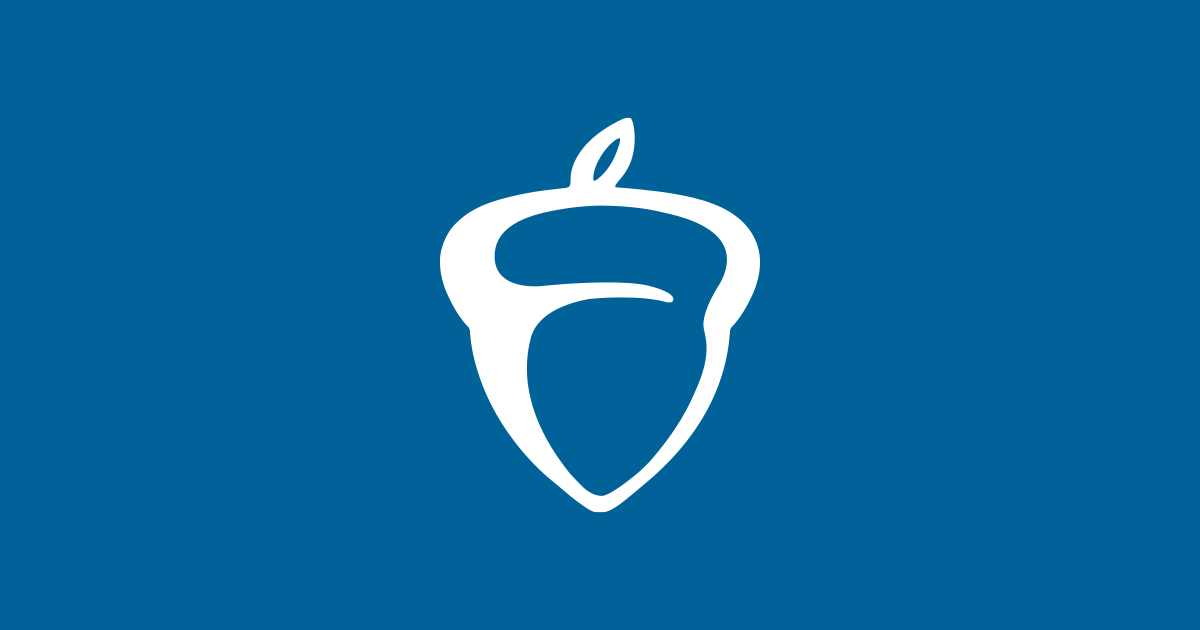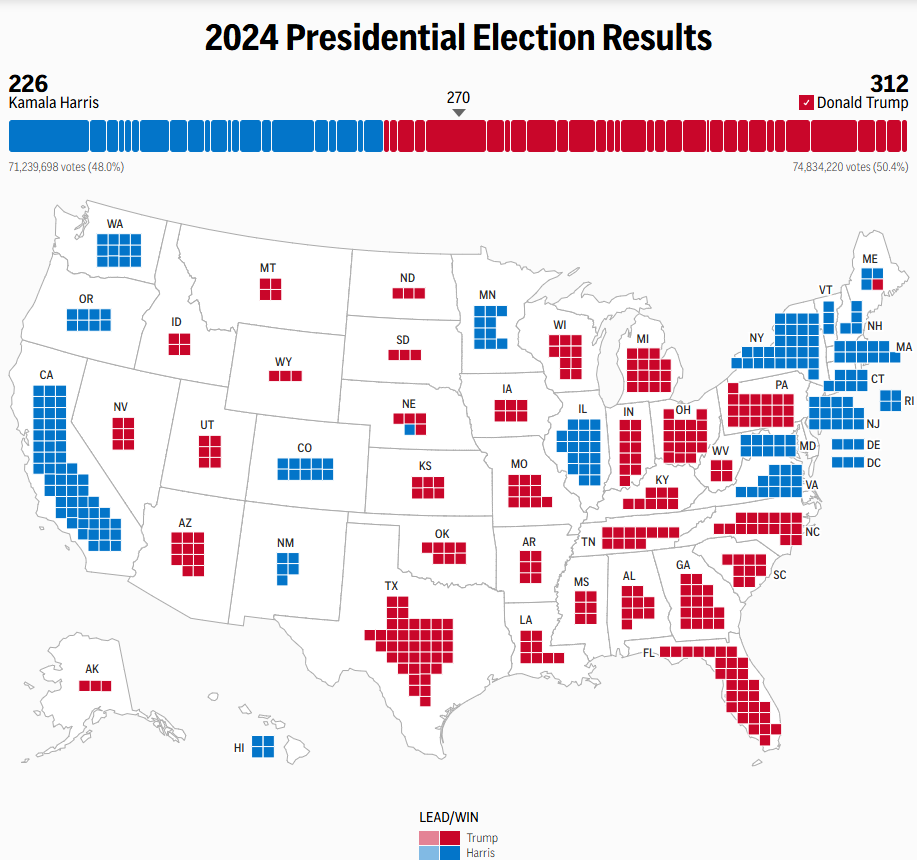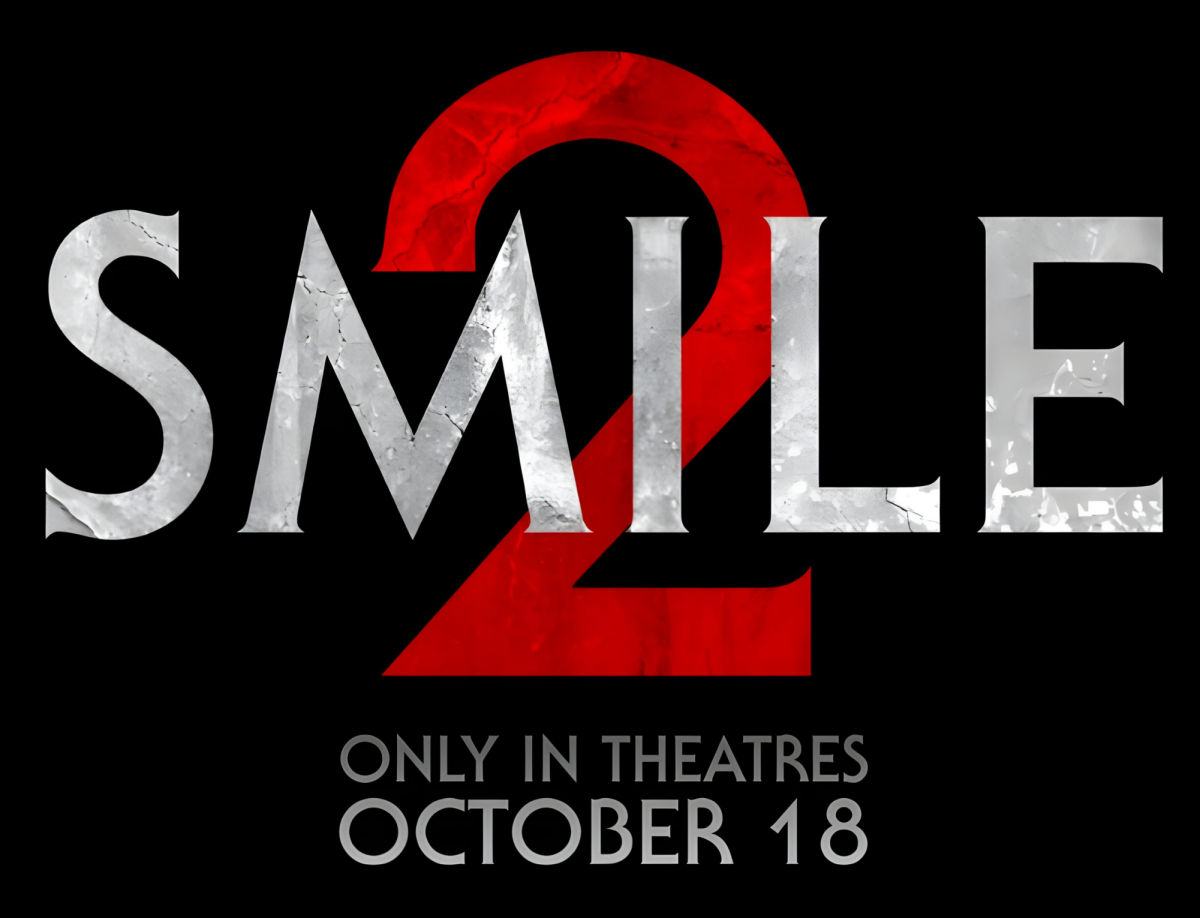The College Board describes themselves as a “not-for-profit” organization, but is this a true statement? In just the last two weeks, many students at Oakdale High School (OHS) have run into problems with the College Board; such as the cancellation of the SAT and 100+ students not being able to take the PSAT on Wednesday, October 11. Personally, I was not able to take the October 7 SAT, which had led me to question the ethical standpoints of the College Board when I was not offered a refund.
According to the College Board, the definition of monopoly is, “A market structure where one company or seller has complete control over the market, and has very limited to no competition, often resulting in high prices and low-quality products.”
Luckily for us, Maryland has been able to provide student support. This year, Advanced Placement (AP) tests are being provided to students with no costs. Additionally, Frederick County Public Schools (FCPS) gives one free SAT exam to juniors in March.
AP Psychology, and AP Macroeconomics teacher Kate Ehrlich explained, “Now that all AP assessments are free for Maryland students, I expect even more students will be open to testing.” The costs of exams have previously prohibited students from taking their tests; however, with Maryland implementing the funding for tests, we will most likely see an increase in AP enrollment.
Though in FCPS students are given one free SAT, any retakes after that cost $55 and most counties in the nation don’t offer any free tests. Other costs include SAT “perks,” such as practice tests and study materials, which could total up to $233 at the most. Also, for other states, College Board charges $98 for each AP test, with a $40 increase past November 14.
Josef Miller, who will have completed 10 AP courses by graduation, stated, “For example, when I was studying for the SAT I found that their practice tests were from 2015 or 2016. While I’m grateful to have those available, they were outdated and less effective.” The College Board should be responsible for providing students with valid study materials, since they write every exam; however, they continue to allow students to pay pricey fees for non-effective practice tests.
Miller, who has contributed $698 to the College Board, and would have paid over $1000 in total if Maryland did not make AP test free this year, sympathized by saying, “My heart goes out to families to make sacrifices for their child to take these tests because the College Board unfortunately makes prices too high.”
In 2019, the College Board made $1.1 billion in revenue, and has continued to make over one billion dollars every year since. While the fees students pay cover a good portion of costs, such as fee waivers and compensation, there is still a substantial amount of money that they keep as a mystery.
So, if almost every high school student has to take at least one of these tests during their high school career, why are they so expensive? The College Board is the only company in which a student can take these tests, giving them complete control over the market. To answer my first question, no the College Board is not a non-profit organization. Instead, it is a monopolistic company, consistently taking students money.
































